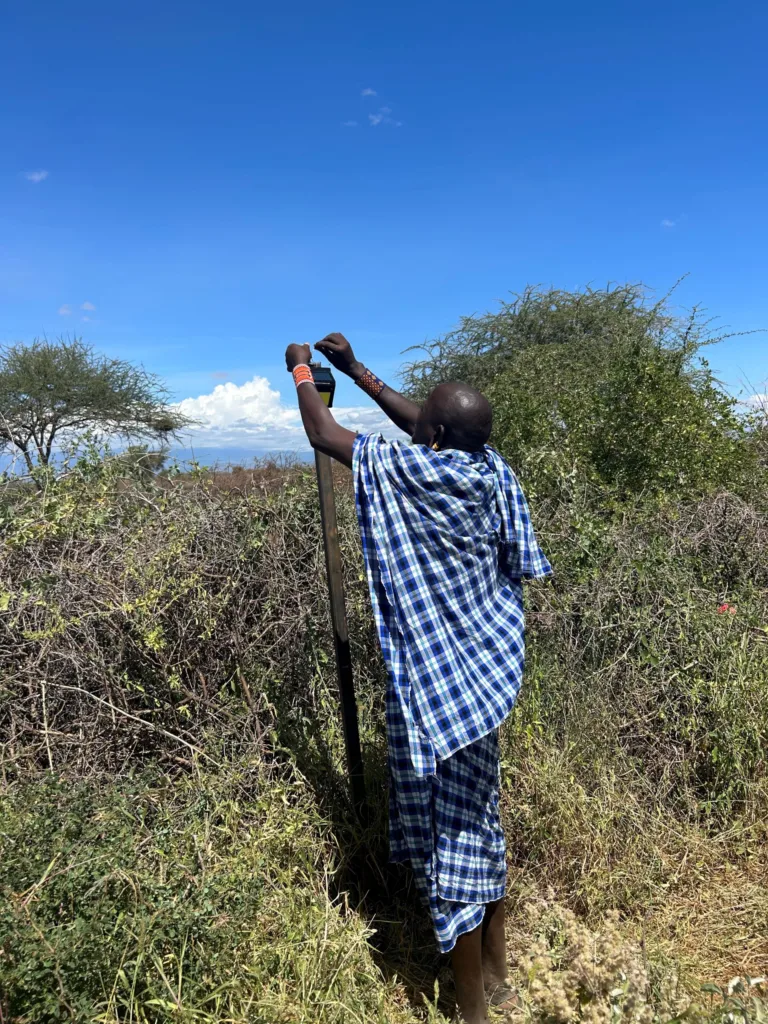Looking Up: Birds, Everywhere!
Bird watching ranks high among the most rewarding activities for nature lovers. With 10,000 bird species globally, there is always a bird to watch, especially in Africa where many species of bird can be found in the wild.
After an introductory lecture on bird ecology and count methods, it’s now time to comb our base camp looking for birds – we’re ready to apply the class knowledge in the field. Bird watching is a hobby that is second to none. It is the art of learning to admire the little creatures that remind us of dinosaurs. Getting out of the class enables students to get first-hand experience – that includes reflective and relaxed learning, in addition to the cognizance of well-being that comes with birding and observing nature. These are vital skills for any nature lover.
When we left camp, we had already spotted 10 bird species, of which many students had been oblivious before – one student asked “where did they just come from?” After searching the village farmlands, road edges and hills, we had found about 20 species of birds in one hour. It was a morning of social interaction among the students and the faculty. This is a big part of what birding is about – asking for help in identifying and spotting the birds, and use of the field guide and binoculars. This can only be experienced by getting out into the woods.
This field exercise laid the foundation for those students with no background on birds and field ornithology and was a new experience for all. We learned the skills for bird identification, bird field study methods, and the joy of birding. Using the list of birds seen over the next few days, students did a detailed literature review on these birds. After all this, they were ready for a quiz titled “name that bird.” I am happy to say they did excellently. It does not stop here, as the group is now eager for birding throughout the semester and beyond.
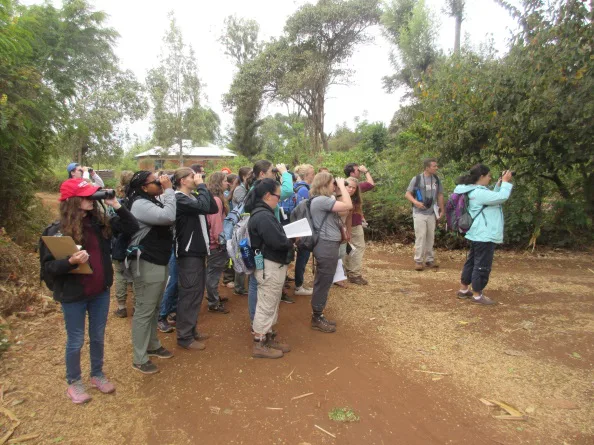
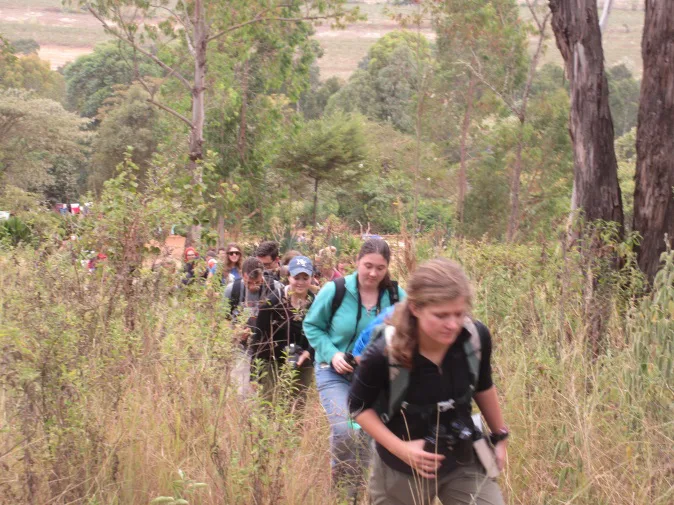
“Everyone likes birds. What wild creature is more accessible to our eyes and ears, as close to us and everyone in the world, as universal as a bird?” – David Attenborough
Related Posts
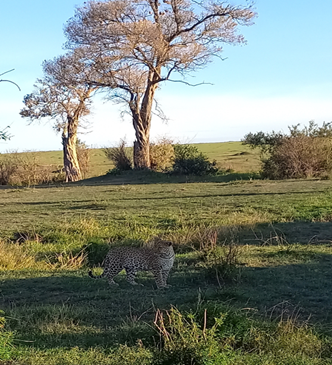
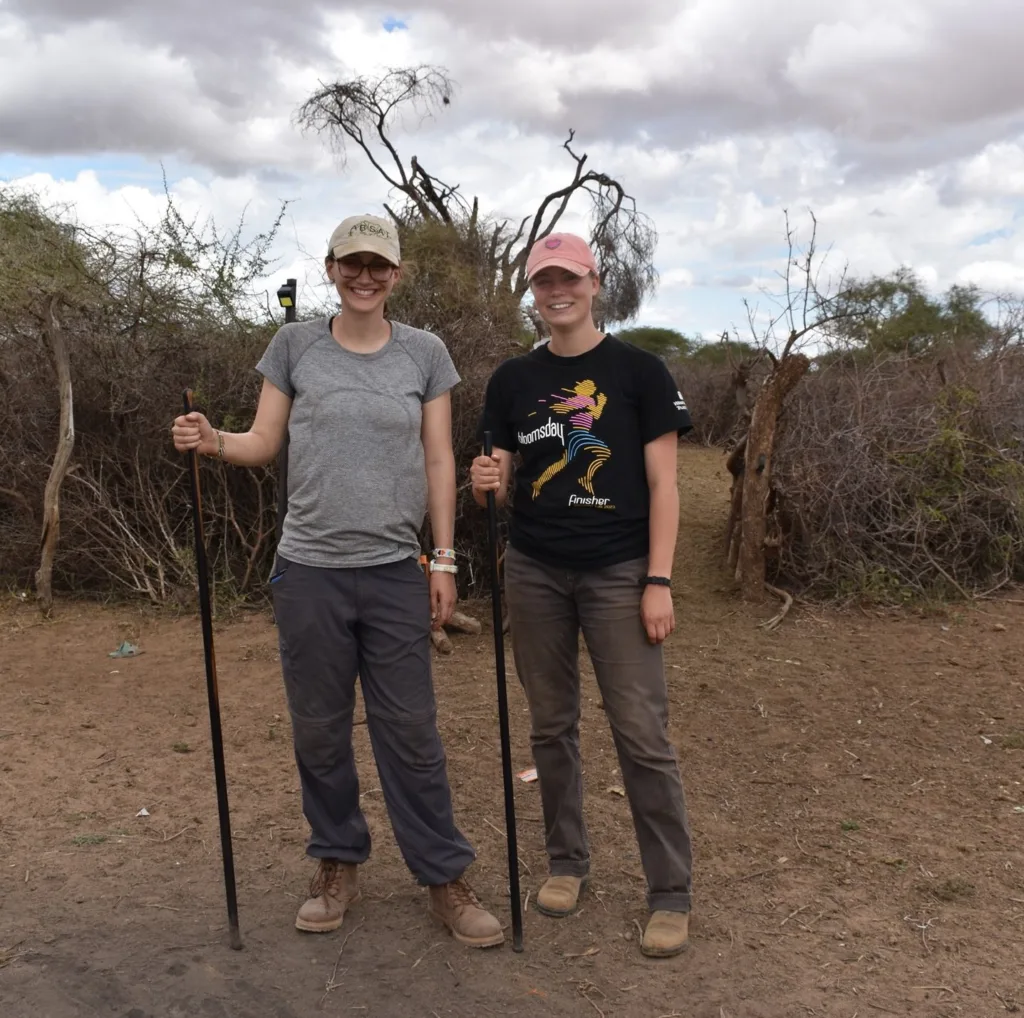
Alumni Reflections: Stories of the Return to Kenya
